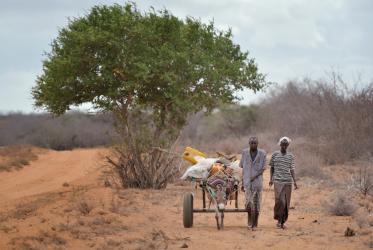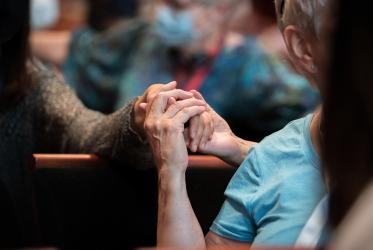Displaying 21 - 40 of 74
Churches respond to Malawi cyclone disaster
29 March 2023
HIV and AIDS Civil Society Networks and the Faith Sector
Lessons Learnt from Strategic Engagement in India, Dominican Republic, Indonesia, and Jamaica
31 January 2023
Pandemic and pedagogy: what are the valuable lessons?
21 December 2022
Assembly workshop looked toward ending AIDS epidemic by 2030
19 September 2022
Ukraine: Responding to humanitarian need
08 September 2022
Called to Transformation - Ecumenical Diakonia
09 June 2022
Unity is key when health crisis poses new challenges in Asia
28 February 2022


















